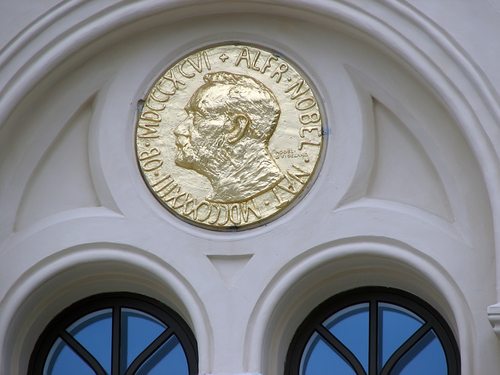
October 13, 2015; New York Times
Justin Wolfers, a professor of economics and public policy at the University of Michigan, explains the qualifications of Angus Deaton for the Nobel Prize in economics that he won this week:
The central contribution of Angus Deaton…has been to shift the gaze of his fellow economists beyond measures of income, to broader measures of well-being.
Much of his research has focused on consumption—measures of the food people eat, the condition of their housing, and the services they consume. And he has been a trailblazer in shifting the attention of economists away from the behavior of economy-wide aggregates such as gross domestic product, and toward the analysis of individual households.
This is also the first Nobel to acknowledge explicitly the increasingly empirical nature of modern economic research.
Sign up for our free newsletters
Subscribe to NPQ's newsletters to have our top stories delivered directly to your inbox.
By signing up, you agree to our privacy policy and terms of use, and to receive messages from NPQ and our partners.
Why is Deaton’s Nobel of interest to nonprofits? First, it is because he has been a critic of the reliance on randomized testing to prove or disprove government interventions, long popularized by earlier economists and adopted by foundations as though it were the holy grail for determining “proven” practices.
“In Mr. Deaton’s telling, the observation that a particular government intervention worked is no guarantee that it will work again, or in another context,” Wolfers writes.
Second, because Deaton has been a critic of foreign aid. According to Tom Murphy writing for Humanosphere, Deaton’s 2013 book, The Great Escape, “uses his decades of research to describe the challenges faced by the world’s poor…singling out the harm caused by wealthy countries providing foreign aid. He concedes that foreign aid helps make improvements on health, but does not change the structural problems that contribute to poverty.”
Deaton himself wrote, “Unfortunately, the world’s rich countries currently are making things worse. Foreign aid—transfers from rich countries to poor countries—has much to its credit, particularly in terms of health care, with many people alive today who would otherwise be dead. But foreign aid also undermines the development of local state capacity.”
This is a Nobel-winning economist who wasn’t rewarded for arcane economic theories. Deaton’s work in economics addresses how economic inequities undermine democracy. “If democracy becomes plutocracy, those who are not rich are effectively disenfranchised,” Deaton has written. “The political equality that is required by democracy is always under threat from economic inequality, and the more extreme the economic inequality, the greater the threat to democracy. If democracy is compromised, there is a direct loss of well-being…To worry about these consequences of extreme inequality has nothing to do with being envious of the rich and everything to do with the fear of rapidly growing top incomes are a threat to the well-being of everyone else.”
This is one Nobel Prize in economics that speaks to the U.S. nonprofit sector. Nonprofits have a lot to learn from listening to Angus Deaton.—Rick Cohen













